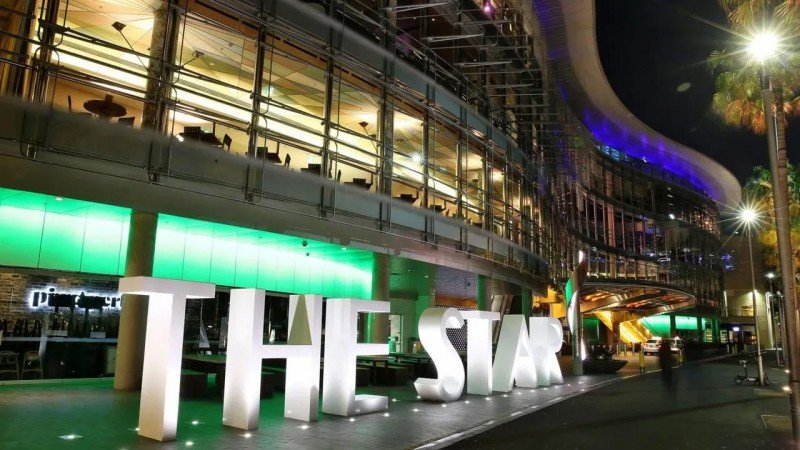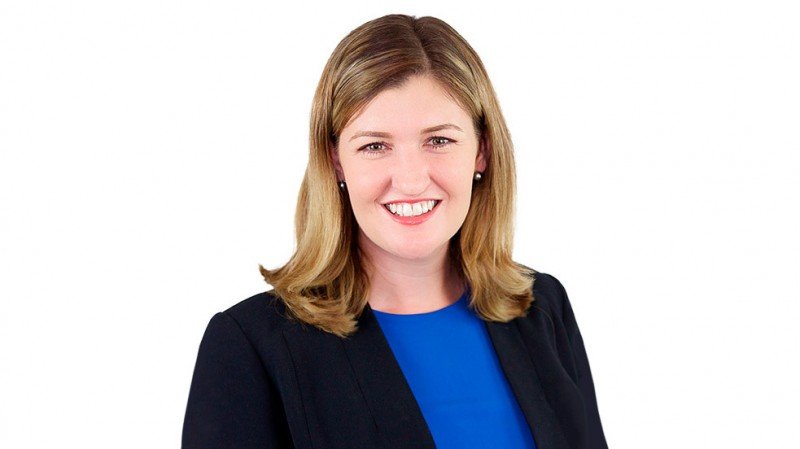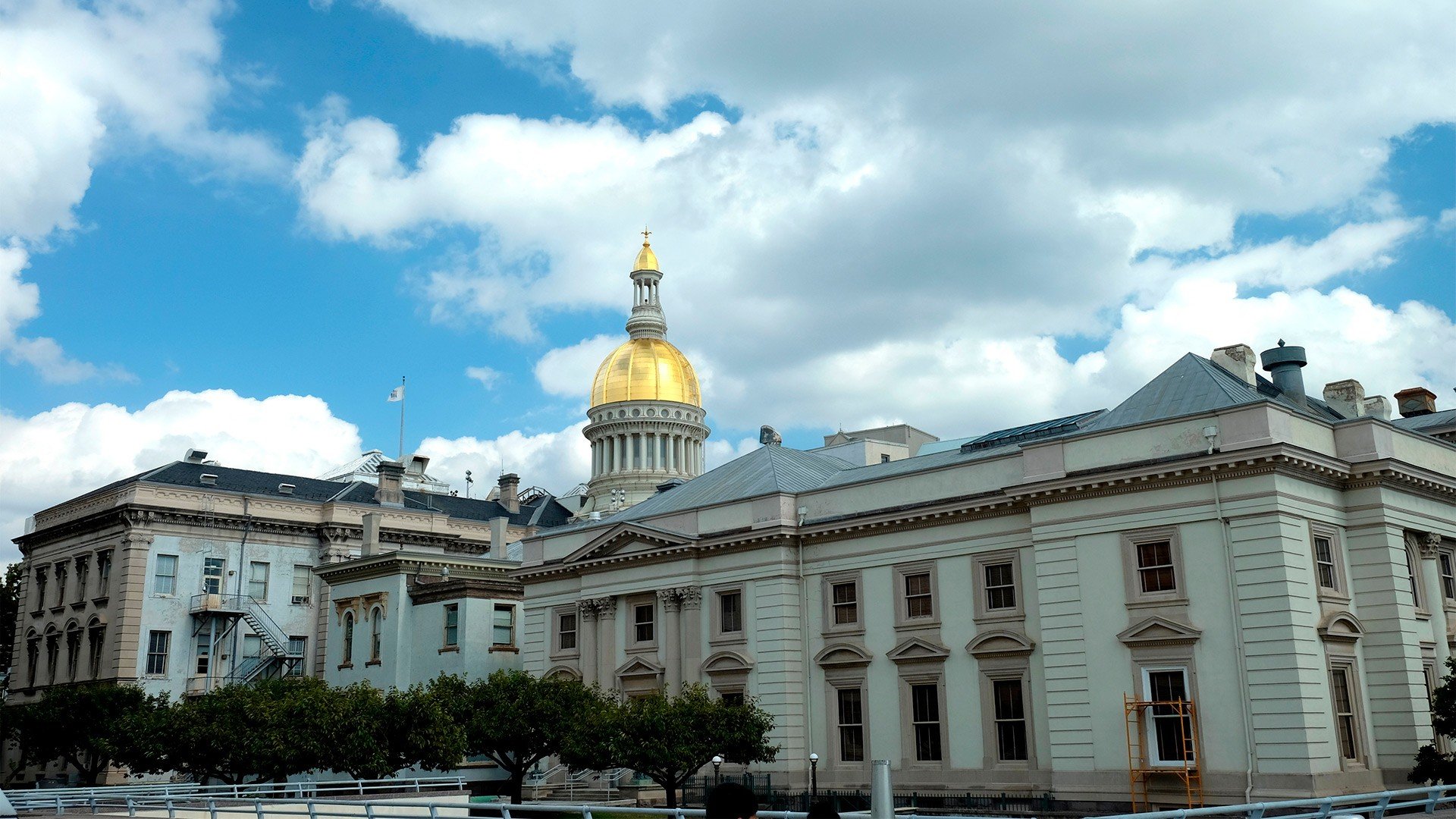Star looks to differentiate Queensland operations from NSW business as inquiry hears further allegations

After Queensland officials announced earlier this month the beginning of an independent investigation into the Star Entertainment Group's suitability to hold its casino license in that jurisdiction, the casino operator now intends to differentiate its operations from those under inquiry in New South Wales.
Star has sought distance in a series of recently published submissions to a parliamentary committee currently considering a tightening of casino regulations in the northern state, reports Brisbane Times.
Queensland’s clubs and hotels lobby have also revealed the sector is trialing facial recognition to help monitor and manage banned patrons, amid a warning to the state government about relying on allegations in its proposed changes.
The government announced it was seeking changes to casino regulation last month as a proactive move to save off “risks identified in the national casino environment” after adverse findings against casino giant Crown in several states. The proposed legislation, which is currently being considered by a parliamentary committee, came as questions were raised about the Stars' efforts to court blacklisted gamblers from interstate and a lack of police action to issue banning notices.
The proposed bill would strengthen the state government’s punitive powers over casino operators after inquiries in NSW, Victoria and Western Australia found Crown unfit to hold its licenses but held back from recommending they be revoked.
Attorney-General Shannon Fentiman has also since announced a review of Star’s suitability to hold its dual Brisbane and Gold Coast casino licenses, but has suggested that there was still a way for the company to anchor the AUD 3.6 billion ($2.5 billion) Queen’s Wharf CBD development, set to open in 2023.
Shannon Fentiman
In its submission to the committee considering the bill, Star’s acting chief executive Geoff Hogg lent on the company’s status as “one of the largest employers in the Queensland tourism, hospitality and entertainment industry,” with about 4200 staff.
He played down the role of gambling in the Queen’s Wharf development and took to the front what he described as the company’s efforts working “proactively” with Queensland police and other law enforcement agencies around improvements to anti-money laundering safeguards, according to the cited source.
He also sought to distance its Queensland operations from those in NSW, suggesting changes allowing Fentiman to consider the findings of other inquiries into a casino license holder or an associated entity may “give rise to some issues” that deny the Queensland casino entity procedural fairness.
As reported by the source, Hogg stated that “there is scope for the minister to form views on a Queensland casino entity’s ongoing suitability based on findings about its associates - when the associate operations may be quite different than the Queensland casino entity."
Hogg’s suggested changes to the bill include a right to reply for Queensland operators regarding the findings of another jurisdiction’s inquiry, and restricting the minister to only consider findings about associates of a Queensland casino entity, not “associates of associates”.
Star is also seeking the ability to review or challenge decisions to dish out the new penalties, and is asking for these not to be retrospective. Hogg said the company would also be “pleased to assist” the committee at its planned July 11 hearing.
The bill would also introduce a new power allowing the government to create and enforce harm minimization measures with fines, a move that was criticized by Clubs Queensland and the Queensland Hotels Association in their submissions to the committee.
Clubs Queensland’s Chief Executive Craigh Harley said the bill does not provide a collaborative approach to harm minimization as industry is funding, building and now trialing "a multi-venue exclusion platform which will greatly enhance a licensee’s ability to monitor excluded patrons."
Queensland Hotels Association Chief Executive Bernie Hogan concurred, and added that the groups had already invested in the platform at a "substantial cost" to boost harm minimization and manage problem gamblers. “Benefits will include the ability to manage wide-area exclusions; have remote exclusions capability and near 100 percent effectively reliable enforcement of bans through the establishment of networked facial recognition technology,” Hogan wrote in his submission, as reported by Brisbane Times.

The news came on the same day that Star was accused of breaking both gambling and criminal laws in NSW and potentially misleading the market in breach of the Corporations Act, by allowing high-roller junket operator Suncity to run its own casino within Star’s harborside property.
This new allegation adds to those made by Naomi Sharp, counsel assisting the review, who has now cast doubt on Star's argument that its long-running China Union pay debit card scheme did not pose heightened money laundering risks.
Earlier this month, Sharp urged inquiry head Adam Bell to find Star unfit to run the Sydney casino, but Star pleaded to be able to hold onto it following management changes and operational reforms.
For three months, the inquiry has heard allegations that the Sydney casino hid junket operator Suncity's illegal cash cage and gave it a secret gambling room, breached anti-money laundering measures, may have evaded taxes and facilitated AUD 900 million of banned gambling transactions through its China UnionPay scheme.
Sharp submitted to the inquiry that Star could be in breach of the Unlawful Gambling Act (NSW) 1998 because it helped Suncity run "a casino within a casino". Under state law, only the casino license holder can run a cage, where money is exchanged for chips, and host games of chance like baccarat. She also pointed out the property broke the state’s Casino Control Act by allowing it to run the “pseudo cage.”
According to the Australian Financial Review, Sharp also rebutted Star's claim that its UnionPay scheme did not involve risk from a money laundering and counter-terrorism financing perspective. AdamBell will determine if The Star is fit to hold its license in a final report to be handed down on August 31.

















































